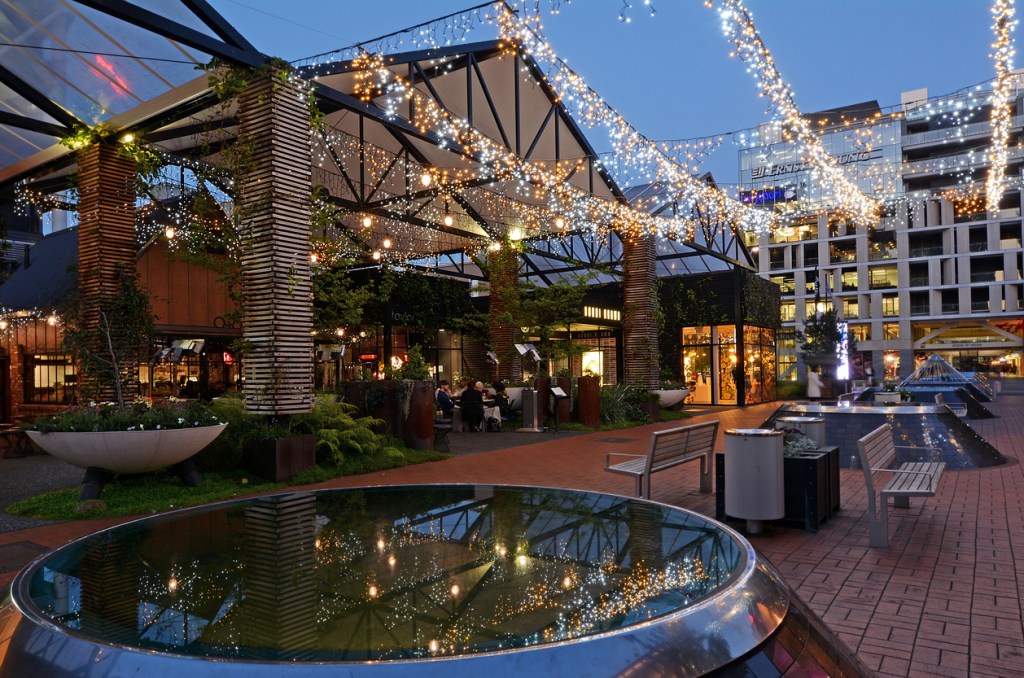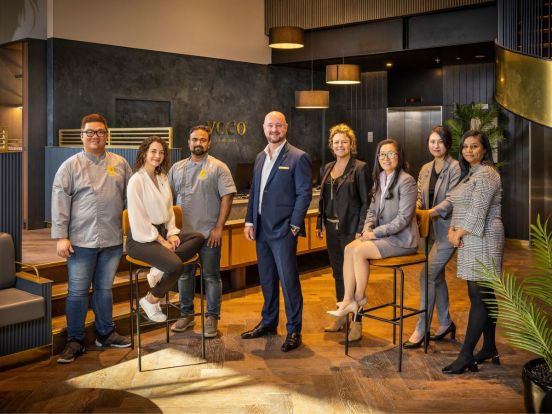Auckland moves from COVID-19 Level 2 to Level One at 11.59 pm tonight, providing a new opportunity for hospitality operators to regain lost revenue.
Prime Minister Jacinda Ardern announced the move for Auckland to join the rest of the country at Level One at a press conference held in Christchurch on October 5 and while the move has been welcomed by the Restaurant Association of New Zealand, the association is keen for the industry to receive more assistance.
“Moving between alert levels hit our industry hard, just as we were starting to get back on our feet. Any future return to a higher alert level could be the final nail in the coffin for a number of our businesses, ” said Maris Bidois, the CEO of the association.
“One of the biggest issues is the operational guidelines imposed at each level which are no longer fit for purpose.
“In the event of future changes to alert level, there are a number of initiatives that our industry would welcome in order to do away with rules such as single server and restriction on counter service that would help the industry to minimise costs and maximise revenues.
“The moves between alert levels have been difficult. The overwhelming feedback now from members is to move to level 1 and stay there.
“Hospitality operators continue to be impacted by alert level changes, border closures and consumer uncertainty. We have put a range of measures to the government including rent relief, reduction in GST on food and our Dine Out To Help out subsidised dining scheme but we are yet to receive anything that is bespoke to our industry.
“So many other industries have received targeted support and subsidies so we’re at a loss as to why we are being continually overlooked.”
The Restaurant Association is calling on the government to consider a range of targeted initiatives to support the industry including the subsidized dining scheme ‘Dine Out To Eat Out’, GST cuts on food and government support on commercial lease agreements to name just a few.
New industry survey
A new survey shows that 79 per cent of hospitality businesses outside of Auckland are reporting improved revenues for September compared with August, with 21 per cent showing reduced revenues compared to the same period in 2019.
In Auckland the losses are higher with 80 per cent reporting significantly reduced revenues against the same period in 2019 and 29 per cent compared with the same period in August 2020.
“Whilst we’re relieved to see that there has been some improvement, we continue to be concerned about the situation in Auckland, ” says Bidois.
“There are still a large percentage of businesses trading at significantly reduced revenues and there is only so long they will be able to carry these losses.
“We’ve already seen more than 80 business closures just among our own membership and we fear that this number will continue to rise, particularly in Auckland.








